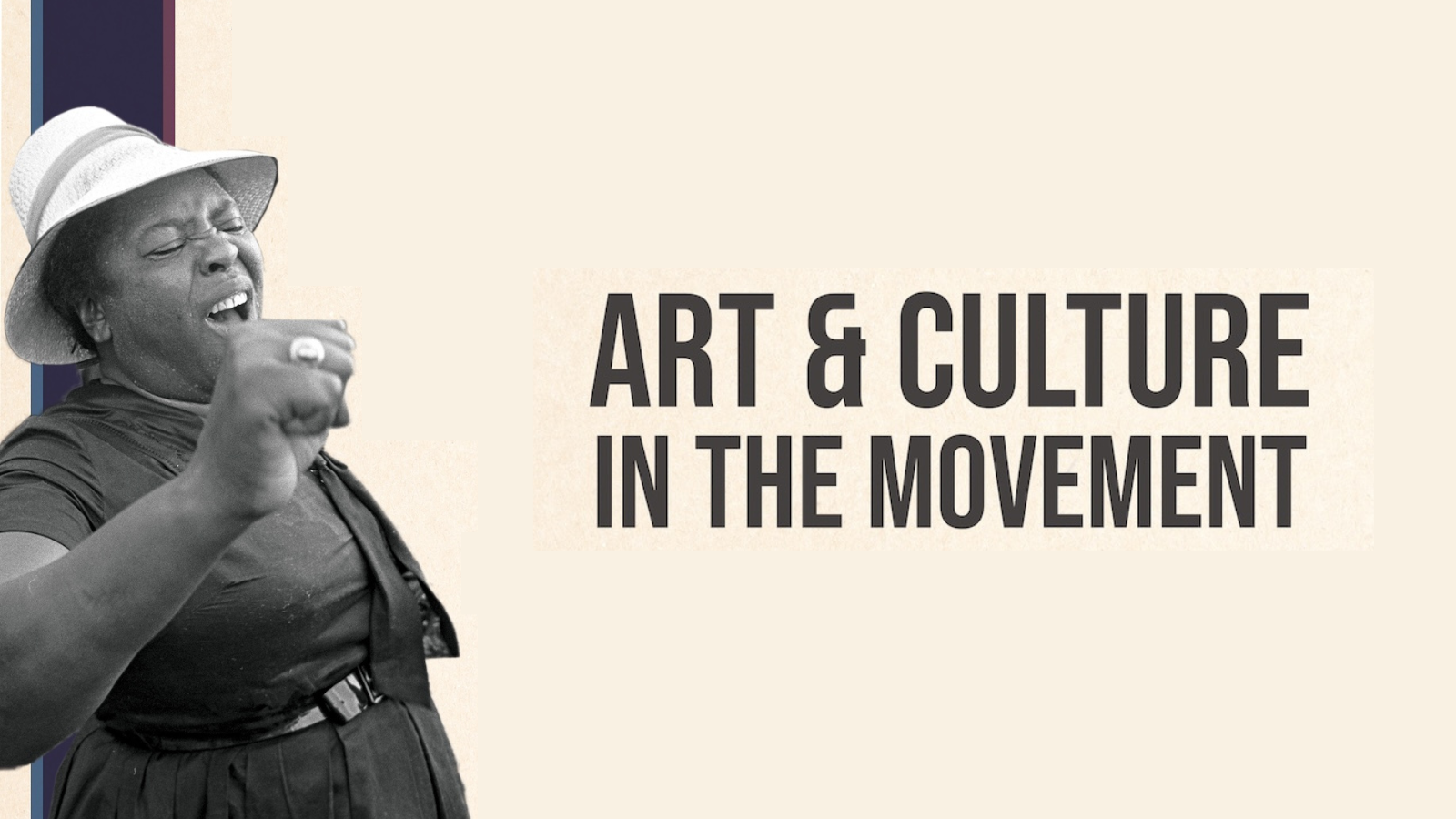In February, North Carolina Central University (NCCU) will kick off a two-year multi-campus discussion series on a youth organization active in the civil rights movement of the 1960s.
“SNCC and Grassroots Organizing: Building a More Perfect Union” will start on Friday, Feb. 2, 7 p.m. with an art and culture roundtable at the Student Center.
On Saturday, Feb. 3, the School of Law will host two events. A voting rights discussion will start 10 a.m. and a learning toolkit workshop at 1:30 p.m. The purpose of the series is to explore how the experiences of Student Nonviolent Coordinating Committee or SNCC (pronounced ‘Snick’) can inform community organizing and activism.
Veterans of SNCC will attend and participate in the series. The organization worked with local people in the Deep South during the Jim Crow era on such topics as voter registration and desegregation.
“This is one of the instances where young people took the lead, even though SNCC was sponsored by Martin Luther King’s organization,” said Jarvis Hall, Ph.D., associate professor of political science at NCCU. “They used local people to try to mobilize local people.”
SNCC was founded in 1960 at Shaw University in Raleigh. Three people who attended the founding conference represented North Carolina College, later renamed North Carolina Central University, Hall said.
“SNCC was more confrontational,” said April Dawson, associate dean of technology and innovation and professor of law at NCCU. “Having that infusion of youthful enthusiasm and energy and willingness to confront that more seasoned individuals did not necessarily advocate.”
For example, SNCC was known for the freedom rides that started in May 1961, according to History.com. Groups of activists in mixed racial groups would ride segregated buses into and across the South.
“They were the front-line people, the foot soldiers if you will, who went down to the Deep South, which was very dangerous at the time,” Hall said.
Hundreds of freedom riders met with violent resistance from local law enforcement and white segregationist Southerners. They were arrested, beaten and threatened with death.
They were also successful. In November 1961, the Interstate Commerce Commission mandated the full desegregation of all interstate travel facilities.
During the summer of 1964, SNCC and other civil rights volunteers went to Mississippi to increase Black voter registration. Like the freedom rides, activists were arrested and beaten while three were murdered; Michael Schwerner and Andrew Goodman, white men from New York, and James Chaney, a local Black man.
In addition to Dr. Hall and Atty. Dawson, other NCCU faculty participating in the series include: Artemesia Stanberry, Ph.D., department of political science, Irving Joyner, Charles Hamilton Houston Endowed Chair and professor of law and Charles Johnson, Ph.D., chair of the department of history.
The discussion series is funded by a grant from the National Endowment for the Humanities and is being administered by the John Hope Franklin Humanities Institute at Duke University. In addition to NCCU, five historically Black colleges or universities (HBCUs) and six museums will take part in the discussion series. Those are:
- Claflin University (Orangeburg, SC)
- Howard University (Washington, D.C.)
- Morehouse College (Atlanta, Georgia)
- Prairie View A&M University (Prairie View, Texas)
- Tougaloo College (Jackson, Mississippi)
- Birmingham Civil Rights Institute (Birmingham, Alabama)
- International Civil Rights Center and Museum (Greensboro, North Carolina)
- Mississippi Civil Rights Museum (Jackson, Mississippi)
- National Center for Civil and Human Rights (Atlanta, Georgia)
- National Civil Rights Museum (Memphis, Tennessee)
- National Museum of African American History and Culture (Washington, D.C.).
